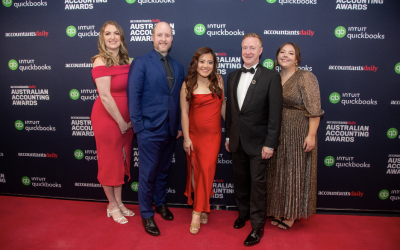Alternative Dispute Resolution Process
Alternative dispute resolution (ADR) is not only used to resolve substantive disputes, and can be used to clarify or limit issues, and remove barriers created by relationship issues between you and the ATO. Usually, if your dispute is not very complex, in-house facilitation may be used. More complex issues will usually be outsourced to an external practitioner. Working out if the ADR process is right for you can save you time, money and heartache in any dispute or potential dispute.
If you’re involved in a dispute with the ATO, going straight to the Court or Tribunals may not be the most time or cost-effective way to proceed. As a taxpayer, you can access the alternative dispute resolution (ADR) process in any dispute with the ATO, which used appropriately may be the most cost-effective and efficient way to resolve disputes. Basically, it involves using an impartial person to help resolve the dispute or at least narrow the issues between the parties.
Broadly, the ADR processes encompass 4 branches, facilitative, advisory, determinative, and blended dispute resolution.
Facilitative
In this branch, independent ADR practitioners assists the parties to identify the issues, formulate solutions, and consider any alternatives with the goal of reaching an agreement either about the entire dispute or some issues within the dispute. Examples of the facilitative processes include:
- Mediation – an external practitioner is engaged to facilitate the process. The parties usually split the costs involved where mediation is voluntarily entered into. Note that mediators do not normally give advice, unless the parties have requested an advisory/evaluative mediation or conciliation.
- In-house facilitation – a trained independent ATO officer facilitates the process. There are no costs involved in the process. However, the facilitator will not establish facts, give advice, decide on who is “right or wrong”. The facilitator’s function is to guide the parties through the process and assist them to ensure where are open lines of communication and that messages are correctly received.
Advisory
This process may also be referred to a neutral evaluation (or early neutral evaluation) and involves the parties presenting their arguments to an independent practitioner who provides advice on some or all of the facts of the dispute, the law, and possible or beneficial outcomes.
In tax and superannuation disputes, the practitioner will usually have substantial experience in tax law so they can give an insight into a decision a Court or Tribunal may make if the dispute proceeds to litigation. Once the practitioner gives the advice, it is up to each party whether they accept the advice and how they will use that information. For example, if both parties hear from the independent practitioner that they will not be completely successful in their case before the Tribunal or Court, they may decide to enter into a negotiated agreement to resolve the dispute rather than going through the costly legal proceedings.
Determinative
In this process, an independent practitioner evaluates the dispute and makes a determination, an example of this includes arbitration. However, the ATO notes that determinative processes are not generally appropriate for ATO disputes as it can incur similar costs and delays as litigation, but lack the openness and transparency of Court of Tribunal decisions.
Blended dispute resolution
This is where an independent practitioner plays multiple roles such as conciliation and conferencing, and may also facilitate discussions and provide advice on the merits of the dispute. The facilitator will usually have qualifications in the area of the dispute. This process is usually used by the Administrative Appeals Tribunal in tax and superannuation disputes in the early stages of the proceedings.
I have a dispute, what should I do?
Certainly, in any dispute or potential dispute emotions will be running high, and rash decisions may be made; but keep a cool head to work out which option best suits your circumstances will save you lots of time, money, and heartache. If you’re not sure if the ADR process is right for you, we can help you work out your options.
We Minimise Your Tax To Maximise Your Profit
Contact Rubiix and ask about our various business accounting services that will maximise your business profit!



